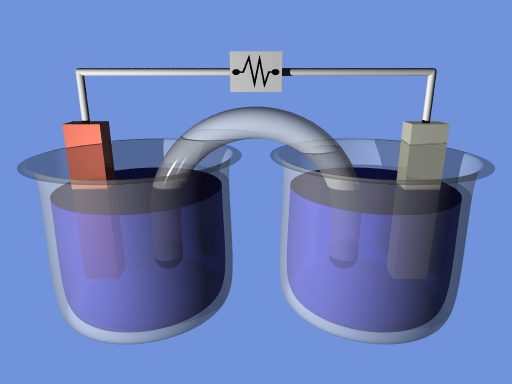10 Powerful Facts about Batteries
We all use batteries on most days! From our TV remotes and toys to smoke detectors and even our car keys, it’s hard to deny how useful these portable power providers have become over the decades. Batteries effectively let us take electricity on the move – something millions of us take for granted if you think about it! If you’re keen to learn more about portable power, you’re in the right place. Here are some fun facts about batteries.
1. Batteries were invented in the 19th century.
Believe it or not, the battery as an invention is more than 200 years old. The first rudimentary battery was invented in 1800 by Alessandro Volta. In fact, the unit of electric potential, the volt, is named for him!
2. Batteries are technically electrochemical cells.
Batteries are cells that convert chemical energy into electrical energy. They do so through a redox (reduction-oxidation) reaction.
3. Batteries are made of anodes and cathodes.
A battery is made of an anode (negative electrode) and a cathode (positive electrode). An electrolyte separates the anode and cathode. Battery construction and operation are all about positive and negative energies – you’ll see plus and minus signs on either end of a typical battery, for example.

4. There are many types of batteries for very different purposes.
There are many varied types of batteries. For example, there are alkaline batteries, lead-acid batteries, lithium-ion batteries, nickel-metal hydride (NiMH) batteries, and more. Keep reading, and we’ll break down what some of the most common types of batteries do.
5. You probably use alkaline batteries at least once a week.
Alkaline batteries tend to be commonly used in household devices. They have a longer lifespan compared to zinc-carbon batteries. They’re the common batteries you’ll use in device remotes, and you might even find some in your smoke and CO2 alarms, unless they are wired into your power supply.
6. Lithium-ion batteries are becoming commonplace in certain households – and in our cars, too.
The great thing about lithium-ion batteries is that they are lightweight. Nowadays, they are commonly used in portable electronics, electric vehicles, and renewable energy systems.
For example, EV car manufacturer Tesla popularized lithium-ion batteries for electric vehicles, and, in so doing, they contributed to their widespread adoption. These kinds of batteries have a high energy density, making them suitable for applications requiring a lot of energy in a compact size.
7. Battery life varies depending on the type and the device using them.
As you may have noticed with your own household batteries, the life of these cells varies greatly. A battery’s lifespan is determined by the number of charge-discharge cycles it exhausts before its capacity significantly degrades. That, and giving your electronics some downtime occasionally might help!
8. You can check your battery’s capacity.
Battery capacity is usually measured in ampere-hours (Ah). It can also be measured in milliampere-hours (mAh) for smaller devices. Some disposable batteries even have “life” bars along the side so you can tell when they’re likely to expire.
9. It is very important to dispose of your batteries properly.
Proper battery disposal and recycling are important because they pose a dangerous potential environmental impact due to the chemicals and metals inside. Luckily, there are plenty of recycling resources you can look into to do your bit for the planet.
10. Certain batteries have built-in management systems.
Lithium-ion batteries often have built-in BMS (Battery Management Systems). These monitor and control charging and discharging, ensuring safety and longevity.

FAQs about Batteries
What are the best batteries on the market?
The best batteries on the market depend on what you’re looking for! However, it is true that certain brands produce better, longer-lasting batteries than others. For example, Energizer is known for producing quality household batteries.
What are the longest-lasting batteries?
When it comes to household batteries, it is believed that Energizer Lithium batteries are among the longest-lasting ones you can find on the market. However, you’ll need to put that to the test – we’re not here to sell you a brand!
Which batteries last 10 years or more?
Generally speaking, lithium batteries can last between 10 to 12 years when used sparingly. However, some companies believe that their lithium batteries could last up to 20 years when well maintained. Just make sure to charge them up fully and drain power completely before charging up again!
Further reading:
https://factcity.com/tag/Technology
https://www.panasonic.com/global/energy/study/academy/history.html
https://www.upsbatterycenter.com/blog/history-batteries-timeline/
Do you know any interesting facts about batteries? Share them in the comments below!
This page was last modified on October 30, 2023. Suggest an edit









